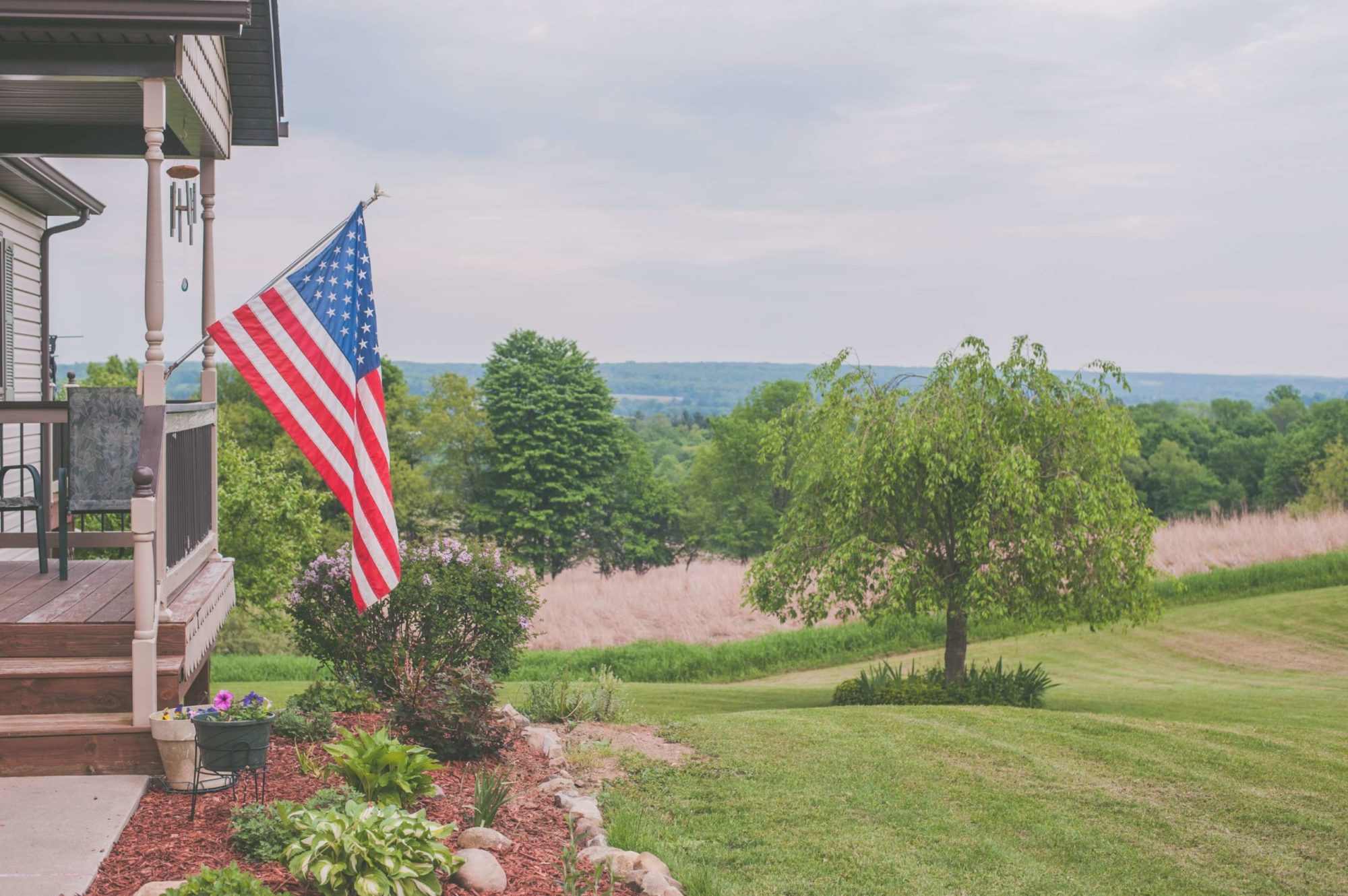VA Community Living Centers can help veterans who need short term care. Their home-like settings make them very appealing to residents because they aren't institutionalized like standard nursing homes. Learn if a center is right for you after a mesothelioma diagnosis.
What is a VA Community Living Center?
A VA Community Living Center allows veterans to receive care in more of a home-like environment than a traditional nursing home.
These centers were created around the idea that people live better in a community.
Learn about the notable benefits of VA Community Living Centers below.
- Friendly atmosphere: Living centers help veterans socialize with others in several ways. Many offer field trips to local libraries or restaurants on a weekly basis. Others bring in stylists to cut the residents’ hair. Craft days, bingo nights, gardening, and other activities round out the community atmosphere.
- On-staff medical workers: Living centers offer a full range of medical staff — including physicians, nurse practitioners, psychologists, and social workers — to help residents with their needs.
- Connection with other veterans: Many veterans experienced things during their service that only other veterans can relate to. VA Community Living Centers offer these connections that otherwise wouldn’t be available if they lived alone or in non-VA nursing homes.
All VA Community Living Centers strive to keep veterans as healthy as possible and provide end-of-life comfort if necessary.
Most veterans only stay in VA Community Living Centers for short durations. There are limited spaces within the centers in order to provide help to as many people as possible.
But some veterans can also stay for longer periods of time — or even the rest of their lives — depending on their circumstances.
Both of these aspects can be very helpful to veterans with mesothelioma. Veterans who served before the early 1980s are at a high risk of developing this cancer since the U.S. military relied on asbestos — the only known cause of mesothelioma — for decades.
Managing this cancer may require the help of medical professionals or full-time caregivers, even after medical treatments.
VA Community Living Centers vs. Nursing Homes
VA Community Living Centers and traditional nursing homes are quite different from one another. Get a breakdown on the differences below.
VA Community Living Centers
- VA-owned nursing home
- Aims for a more home-like atmosphere
- Mostly for temporary stays (with exceptions)
- Limited centers across the country
Non-VA Nursing Homes
- Privately owned
- Often more institutionalized
- Often for life
- Numerous centers available
Veterans affected by mesothelioma should keep these differences in mind when making the decision to stay in a VA Community Living Center or a non-VA nursing home.
Who Can Stay at a VA Community Living Center?
VA Community Living Centers have limited space, so not all veterans are able to live there. They must meet several criteria in order to stay at a community living center.
Learn more about these criteria below.
- Advanced Care: A veteran must need assistance with activities of daily living (ADL) to stay at a VA Community Living Center. This can include help with bathing, dressing, or eating that they are not receiving at home.
- End-of-Life Care: Veterans with terminal cancer may need palliative care to make them feel more comfortable. End-of-life care can ensure that the veteran is in as little pain as possible.
- Recovery: This would be in the instance of a veteran needing care for a short time while they recover from an accident or an illness.
All community living patients must also be enrolled in the VA health care system and pay a copay based on service-connected disability status and financial information.
How long a veteran can stay in a VA Community Living Center also depends on their specific needs.
- Long-stay residents must be considered at least 70% disabled due to a service-connected illness/injury, or at least 60% disabled with non-employment eligibility. Veterans with mesothelioma are considered 100% disabled by the VA.
- Short-stay residents are typically veterans that require rehab after a hospital stay or surgery. For example, a veteran who underwent mesothelioma surgery might be able to stay at a living center until they are well enough to go home.
Contact a VA social worker/case manager to learn if you qualify to stay at a community living center and learn about the other benefits that you may be entitled to.
Deciding to Stay at a VA Community Living Center
There are many benefits to staying at a VA Community Living Center. The social aspect of living with friends and having a community setting are the biggest benefits most veterans find.
However, the decision isn’t right for all qualifying veterans.
Downsides of these centers include:
- Admittance Times: There are only 100 community living centers across the nation, so the waitlist can be quite long to get in.
- Cost: Different assisted living facilities across the country vary in fees and there may be cheaper options than a VA Community Living Center.
- Distance: The nearest VA Community Living Center may be far from where a veteran makes their home. Moving to an unfamiliar city or state — away from family and friends — can be hard.
Veterans who need a short-term stay in a VA nursing home can also find it difficult to uproot their lives for such a short time.
Thankfully, there are other options for veterans considering assisted living care.
Veterans can also explore:
- Adult family homes
- Assisted living
- Community residential care
- Home-based care
- Medical foster homes
- State veterans homes
Learn more about VA extended care services and geriatrics and whether they are right for you or your loved one. Choosing the right one for your needs is very important.

